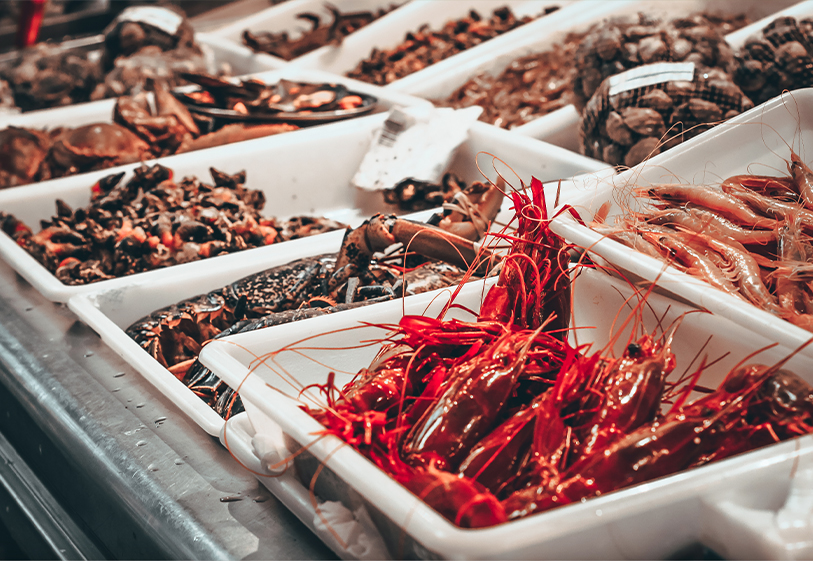Maritime provinces of Canada like Nova Scotia or Prince Edward Island are facing the issue of the indigenous lobster fishery. The indigenous people like to fish according to their timeline and preferences. The problem is the preferences and timeline don't match what the federal government of Canada expects.

The indigenous community persists in their treaty rights set by Canada's Supreme Court in 1993 and supported in 1999. The treaty is known as Marshall Decision, and the local people plan to engage their rights for a moderate livelihood.
Concerns Regarding Lobster Conservation
The treaty was set years ago, and it needs modifications. The indigenous community wants their rights to fishing and lobster fishing. They want their young people to fish without any concerns. The treaty refers to some regulations, and lobster conservation can fall under these laws.
The Canadian government believes in forming a mutual understanding regarding this conservation. The government thinks the agreement hasn't been reached yet. The government wants the treaty rights to align with conservation objectives to establish a safe and peaceful fishery. Some constructive dialogues can be helpful here and stop fishing activities that are without authorization.
The Indigenous Won't Sell Their Treaty Rights
The indigenous community has licenses for moderate livelihood, which is different from the regular commercial fishery. Don't forget that the indigenous lobster fishers must abide by federal regulations and accept some restrictions.
After years of negotiations, some agreements have been reached between the government and the first nation. The local people persist in the rights mentioned in the deals like the one prepared in 2019. They won't sell their rights, and the dispute continues. This community doesn't accept some restrictions and thinks the limitations are not according to the agreements reached.
Lobster Stocks, A Central Debate
Lobsters shed their small shells in midsummer, and many individuals believe in stopping fishery during that period. Some fishers use harmful gear while they are fishing. These gears are not in line with the regulations. So, things like fishery during the months the female lobster mates or using harmful equipment must be considered.
On the other hand, the first nations have some criticisms and insist on their rights. The indigenous community believes they know the timeline and don't fish at the wrong time, like when the lobsters are mating.
Closing Thoughts
The lobster fishery is a central issue for the blue economy of Canada. The livelihood of the indigenous community also depends on these types of fisheries. On the other hand, regulations and restrictions are always necessary. Some serious talks are essential here to reach mutual agreements. The agreements must be in line with the rules like conservation and the indigenous community's rights. The economic status of the local people is different from others, and they live in unique situations. So, the federal government must respect their rights and start more constructive conversations to resolve the issue. What do you think regarding the issue? Don't forget to leave your comments.

 The indigenous community persists in their treaty rights set by Canada's Supreme Court in 1993 and supported in 1999. The treaty is known as Marshall Decision, and the local people plan to engage their rights for a moderate livelihood.
The indigenous community persists in their treaty rights set by Canada's Supreme Court in 1993 and supported in 1999. The treaty is known as Marshall Decision, and the local people plan to engage their rights for a moderate livelihood.
 The indigenous community persists in their treaty rights set by Canada's Supreme Court in 1993 and supported in 1999. The treaty is known as Marshall Decision, and the local people plan to engage their rights for a moderate livelihood.
The indigenous community persists in their treaty rights set by Canada's Supreme Court in 1993 and supported in 1999. The treaty is known as Marshall Decision, and the local people plan to engage their rights for a moderate livelihood.


